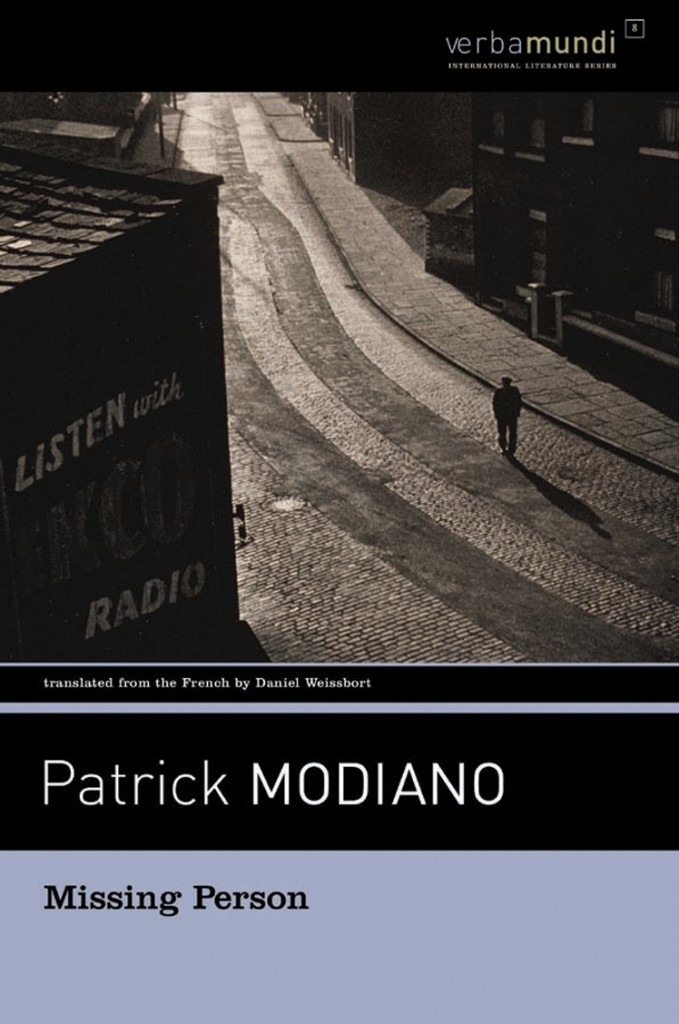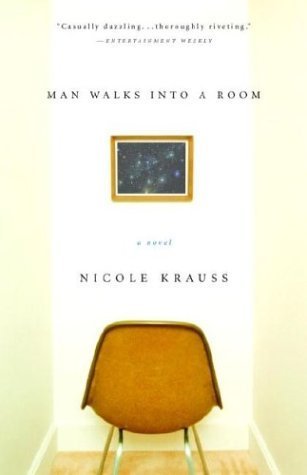
Missing Person
Book Description
A man wakes up in a fog of uncertainty, his memories scattered like confetti in a breeze. Fragments of a lost identity tug at him as he searches the shadowy streets of Paris, haunted by faces that feel both familiar and foreign. In a city steeped in secrets, every encounter reveals another layer of deception and longing. As he edges closer to the truth, the stakes rise, forcing him to confront not only the mystery of his own existence but also the ghosts of those he loved. Can he piece together the puzzle of his life before it slips away forever?
Quick Book Summary
"Missing Person" (originally "Rue des Boutiques Obscures") by Patrick Modiano is a haunting novel about identity, memory, and the lingering shadows of history. The protagonist, suffering from amnesia, works as a private detective in Paris under the name Guy Roland. With only fragments of his former identity, he embarks on a difficult quest to rediscover his past. The journey takes him through a labyrinth of Parisian streets and into the lives of people who may have known him before the war. Each clue offers a glimpse into a lost era, but also exposes the fading recollections, uncertainties, and lies surrounding occupied France. As Roland’s search intensifies, the book explores the existential weight of trying to reconstruct a self from unreliable traces, and reveals how personal identity is inextricably linked to history, memory, and loss.
Summary of Key Ideas
Table of Contents
The Search for Identity Amid Amnesia
A man known as Guy Roland is found at the threshold of identity, his memory wiped clean. Working for the detective Hutte, Guy’s life consists of unraveling other people’s mysteries—the irony lying in his own forgotten origins. With Hutte’s retirement, Guy resolves to turn his detective skills inward, launching a relentless pursuit of his own past. This marks the beginning of a quest that leads him through shadowy city streets, encountering individuals and mementos that might unlock the secrets of his previous life.
The Shadow of Wartime France
As Guy delves deeper, Paris serves not just as a backdrop but as a labyrinth infused with history’s ghostly presence. The remnants of pre-war and wartime Paris surface in fleeting memories, old addresses, and recurring names. Each investigation uncovers the marks of Nazi-occupied France—the disappearances, betrayals, and shifting allegiances that complicate his search. The city’s geography becomes an emotional map, guiding him toward long-lost friends and half-remembered moments that may be figments of imagination or actual fragments of his existence.
Memory, Loss, and Fragmented Truths
Memory in "Missing Person" is elusive, fragmented, and often unreliable. Roland sifts through photographs, letters, and hotel ledgers, trying to reconstruct his identity from the uncertain evidence available. The process reveals both the persistence and fragility of memory—the more Guy uncovers, the more questions arise. Individuals from his possible past offer stories laden with ambiguity, as if time has distorted or erased the truth. The struggle to piece together his persona mirrors the broader trauma of a society grappling with its past.
Alienation and the Elusiveness of Self
Throughout his journey, Guy experiences profound alienation. Each encounter is tinged with estrangement—faces are tantalizingly familiar and yet devoid of certainty. His longing for belonging clashes with the sense that he may never truly recover what he has lost. Modiano uses this psychological state to explore existential themes: what defines an individual when memory has evaporated, and can a sense of self be salvaged from the ruins of history?
The Role of Place in Recovering the Past
Ultimately, "Missing Person" is not just a mystery of identity but a meditation on the inextricable link between people, places, and memory. The evocative settings of Paris—its dimly lit streets, smoky bars, and nondescript boarding houses—evoke a sense of nostalgia and longing. The landscape serves as a connective tissue for memory and loss, reminding both Guy and the reader that the past, however shrouded, shapes the present. The novel concludes without definitive answers, reinforcing the novel’s central truth: some mysteries endure, and the search for self is as much about the journey as the destination.
Download This Summary
Get a free PDF of this summary instantly — no email required.





